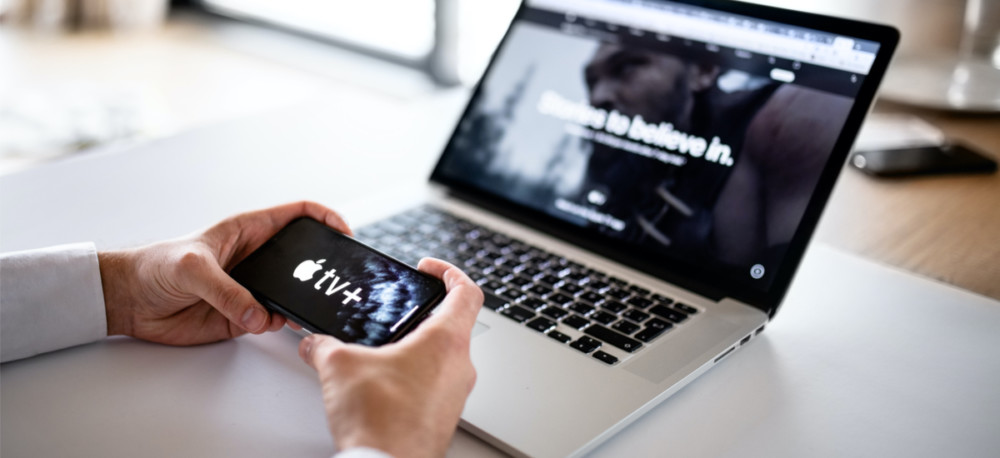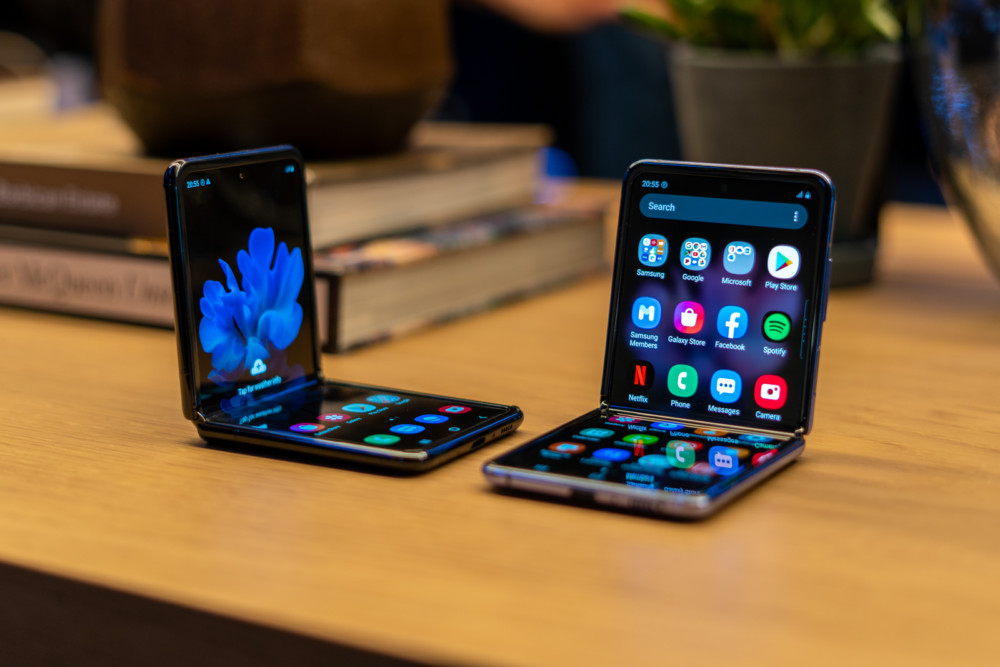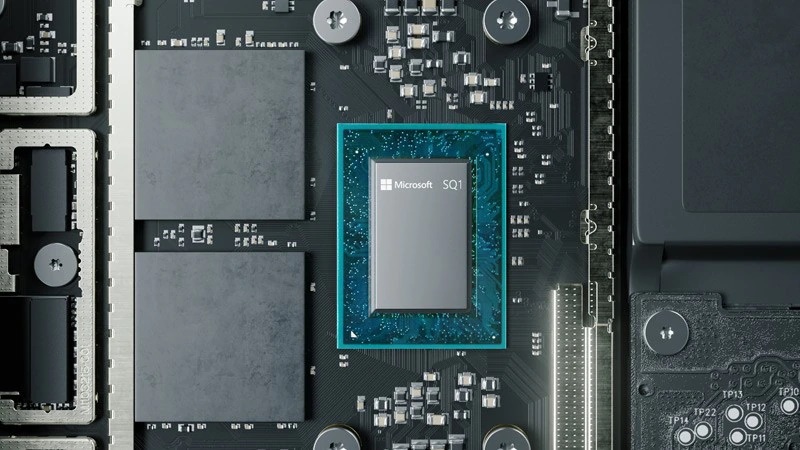Google Pixel without Snapdragon, with proprietary processor. It s getting very interesting
![]()
Microsoft and Google rely on their hardware partners in almost everything, focusing almost all their efforts on software solutions. Apple's ongoing phenomenon seems to be pushing both companies to change their approach.
Windows and Android are the two most popular operating systems in the world. They owe their universality - among other things - to their flexibility. Both platforms are built with various hardware configurations and applications in mind. Windows can be found on desktops and tablets, on energy-saving devices and powerful workstations. Similarly, Android, which can be found both on the phone for a few hundred zlotys, and on a device that, when connected to the monitor, can easily be used as a desktop. Therefore, both platforms were created as a product sold to others - mainly hardware partners.
Apple uses the opposite approach. It offers only ready-made solutions to end users, allowing them only to modify some of the device parameters from the offer - such as the amount of mass storage or accessories. Apple's operating system and hardware are one inseparable whole. It does not always apply fully proprietary solutions - the best examples of which are the CPU and GPU of Mac computers - but even then the software is closely tuned to the parameters of these systems.
These two approaches have coexisted so far. However, Apple made several moves that could potentially significantly change the balance of power in the market.
Apple's approach gives end users many benefits. His products offer a very high work culture, long battery life and many other features that are much harder to achieve without affecting both software and hardware. However, it also has one major drawback.

The processing capacity of even such a huge and rich company as Apple is over. iPhones, MacBooks and the rest are able to meet the needs of only a limited number of customers. Apple cannot afford the flexibility offered by open solution providers. Therefore, the company focused primarily on the consumer premium segment and the creative industry - where it often sets trends. However, everywhere else Microsoft and Google rule the IT world. Only something has changed recently.
Apple has stopped being offended by the format of hybrid tablets, as a result of which it has in its offer a very simple, but also very functional and high-class small personal computer called iPad - at a very, very competitive price. And literally just introduced the market almost twice cheaper iPhone than the flagship model. Both of these devices invariably benefit from the advantages of close integration of hardware and software and directly attack the segment so far reserved for Microsoft, Google and its partners.

Well, partners.
Windows and Android would not have been successful had it not been for Lenovo, HP, Asus, Samsung, Motorola, Huawei or the rest. However, it also works the other way around: producers of these devices are helpless when they lose access to world-wide software. Just remember the challenge Huawei is facing now. These are alliances of reason and coercion, not of great friendship, as evidenced by the bloatware present on these devices.

Don't use OneDrive, there is Asus WebStorage . Give it a go with Google Fit, it's Huawei Health. Who uses Google Assistant since it's Bixby . Examples of such sabotage can be multiplied - because yes, it is sabotage. The operating system for its creators is today a sales platform for additional services, and those added by producers to these services are often in direct competition. Partners, if they could, would send Android and Windows to hell. But they know they can't. History suggests that there is no more room on the market for the new operating system. Current events also warn that relying solely on partners can mean trouble.
I am convinced that the specifications of the iPad and the cheap iPhone have provoked Google and Microsoft to significantly change their approach.
Apple's entry into the affordable electronics market - very cautious for now - is a huge problem for both companies. Trouble-free and trouble-free, and at the same time technical sophistication, for which iPhone (iPad) are famous (more or less correctly) are features that are rarely attributed to phones from other manufacturers from the middle price range or Windows laptops at the price of an iPad.

Until recently, Microsoft seemed to be the most responsive. The company entered into a close partnership with AMD and Qualcomm, which results in custom-built processors optimized for these specific devices for Surface Laptop 3 , Surface Pro X or Xbox consoles. But Google did not waste time: Titan M and Pixel Neural Core coprocessors are its proprietary designs.
And now we find out that future Pixels and Chromebooks will not use the Qualcomm Snapdragon chip. Google is working on the Whitechapel processor.
This is a very small loss for Qualcomm. Pixel phones have a marginal market share, a significant part of phone manufacturers consistently rely on Snapdragon processors. Allocating such a large amount of resources - which is undoubtedly associated with the design of a new processor - for such a small project as Pixel today is highly puzzling. It makes you seriously consider the role these phones are supposed to play.
![]()
Until now, we have been shown that these are primarily aspiration devices. That they are supposed to set the direction of development for Android partners. However, more and more solutions in Pixels - including software ones - are becoming closed and unique to this family of devices. In addition, a series of Pixels are sold at prices suggesting destiny for mass client. The new processor would appear in the first products as early as next year, according to Axios .
A cheap (?) Pixel phone with a unique version of Android and additional applications and with a proprietary processor built only for it is no longer an aspirational product. This is a direct competitor not only for the iPhone, but also for Samsung Galaxy or Xiaomi Mi. Pixel's role is clearly changing. Similarly to Microsoft's Surface.
Partners will not protest because they have no choice - and they are needed now.
The proprietary processor is not a remedy for the growing threat from Apple, but it is also an important step for both Microsoft and Google. It will be many years before Surfaces or Pixels will sell in numbers, however comparable to those behind the iPhone or iPad, if at all. However, it seems that the pursuit of closed and complete consumer product solutions has become much more important for both companies.
Especially since the first successes are behind us. Surface Pro X is brilliant equipment badly hurt by its price. His proprietary ARM system and closely associated with it Windows 10 provide amazing results in terms of work culture, previously almost unheard of on Windows devices. Does this mean that the fate of the partners is a foregone conclusion? That their investments in Exynos or Kirin processors do not make sense, because Microsoft and Google will eventually abandon them?
![]()
Doubtful. The disadvantage of Apple's approach - the inability to meet the needs of all customers at all price levels - remains unchanged. Microsoft and Google processors and coprocessors will appear in Pixels, Surfaces and Xbox, which will never meet the expectations of everyone interested in buying a given phone or computer for a given amount. There is no point in giving up this uncomfortable but necessary cooperation.
Certainly, however, Pixels and Surfaces are no longer just concepts with the possibility of buying by enthusiasts or early adopters. These are - or will be in the near future - products that are supposed to stop Apple's inevitable expansion to new, less affluent customer groups. Will they make it? It remains to be seen. Major investments in the development of the Whitechapel system, however, suggest that the jokes and hobby projects are over. Google, like Microsoft, has become a hardware company. The latter even consolidated the hardware and windows departments.
An interesting new war is coming. It's worth preparing stocks of popcorn.
Google Pixel without Snapdragon, with proprietary processor. It's getting very interesting
Comments
Post a Comment